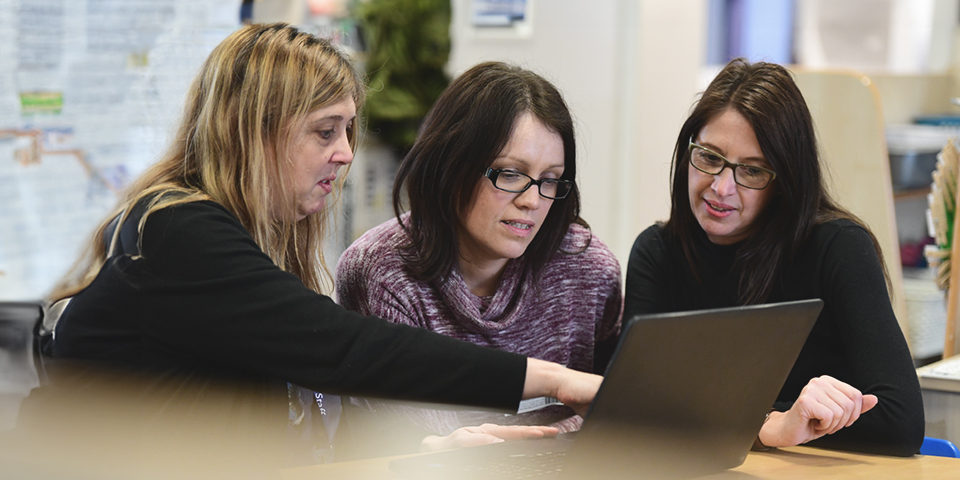The end of October 2023 saw the publication of two key DfE documents focusing on the EYFS.
Regulatory Changes
On October 27th the DfE published its response to the consultation on proposed regulatory changes.
It is anticipated that a revised version of the EYFS will be published in January 2024 to reflect these changes. As proposed, two version of the EYFS will be published, one specifically for childminders and another for the rest of the early years sector.
The full response can be found here, EYFS Regulatory Changes Consultation DfE Response
Changes Include
Qualifications – Removing the requirement for level 3 educators to hold a level 2 (GCSE or equivalent) maths qualification, and instead applying this requirement to managers, who would “be responsible for ensuring their staff have the right level of maths knowledge to deliver high-quality early years provision”.
EAL – Providers may take reasonable steps to provide opportunities for children to develop and use their home language in play and learning, supporting their language development at home.
Assessment – “When assessing whether an individual child is at the expected level of development, practitioners/childminders should draw on their knowledge of the child and their own expert professional judgement. Practitioners/Childminders are not required to prove this through collection of any physical evidence”.
Future Changes Planned
- Introduce an experience-based route to working in ratios (for group and school-based providers only).
- Clarify that practitioners can only operate in Level 6 staff: child ratios if they hold Qualified Teacher Status (QTS), Early Years Teacher Status (EYTS) or Early Years Professional Status (EYPS) (for group and school-based providers only).
The following changes will not be going ahead:
- Reducing the percentage of level 2 qualified staff required per ratio from ‘at least half’ to 30% or 40% of all other staff (relevant to group and school-based providers only).
- Changing qualification requirements outside of peak hours (relevant to group and school-based providers only).
EYFS 2021 Review
Also published on 27th October was the DfE review of Early Years Foundation Stage (EYFS) 2021 reforms.
Read the full report here: Early Years Foundation Stage (EYFS) 2021 Reforms Research Report
Exploring aspects including curriculum development and assessment, the report suggests that:
“Overall, the research findings indicate that the EYFS reforms have been well received across most of the sector, are bedding in well and addressing their intended objectives.
Most settings found implementing the reforms easy, or at least unproblematic. Where settings encountered challenges, this related mainly to a lack of time or lack of guidance” p13.
There is much to unpick and reflect on with both these latest government publications, as well as the latest Ofsted Early Years Reviews. We will be exploring the findings, changes, and messages in greater depth this term as part of our online and face to face training events, for leaders and wider teams during our Roadshows and at our popular EYFS Leaders Programme
We also have a range of tools and resources which may help you and your team reflect on current practice relating to the Prime Areas of Learning, found below.
Find Out More

How good is the quality of learning in your Early Years? As a Senior Leader, how do you know? Join our Is Everything OK with Your EYFS? session for Headteachers and gain help to establish the impact of your EYFS and its connection to the whole school curriculum.

Unlock your leadership potential with Early Excellence and explore our CPD programme designed for Heads & Senior Leaders. Gain valuable insights, strategies, and resources to support the effective leadership and day to day management of the EYFS and KS1.

